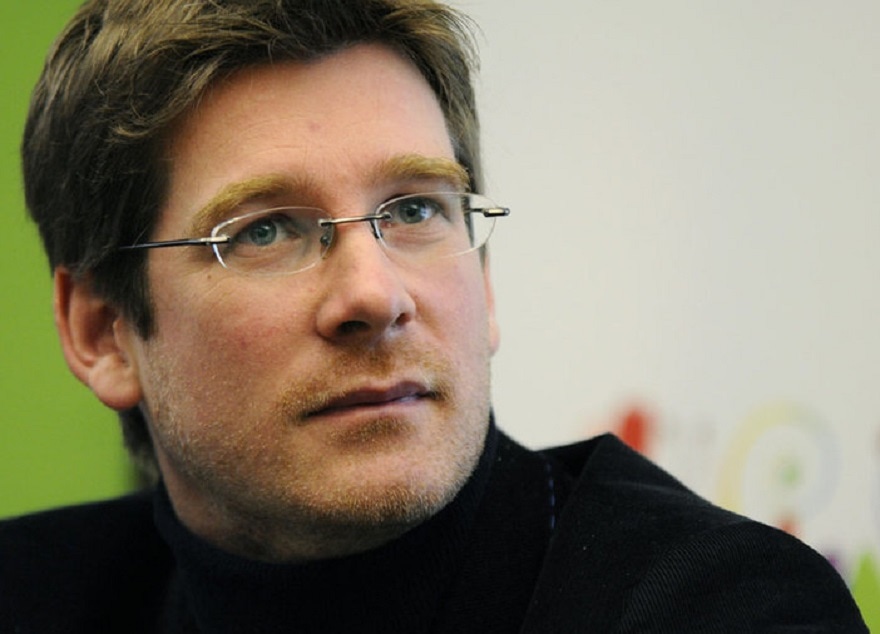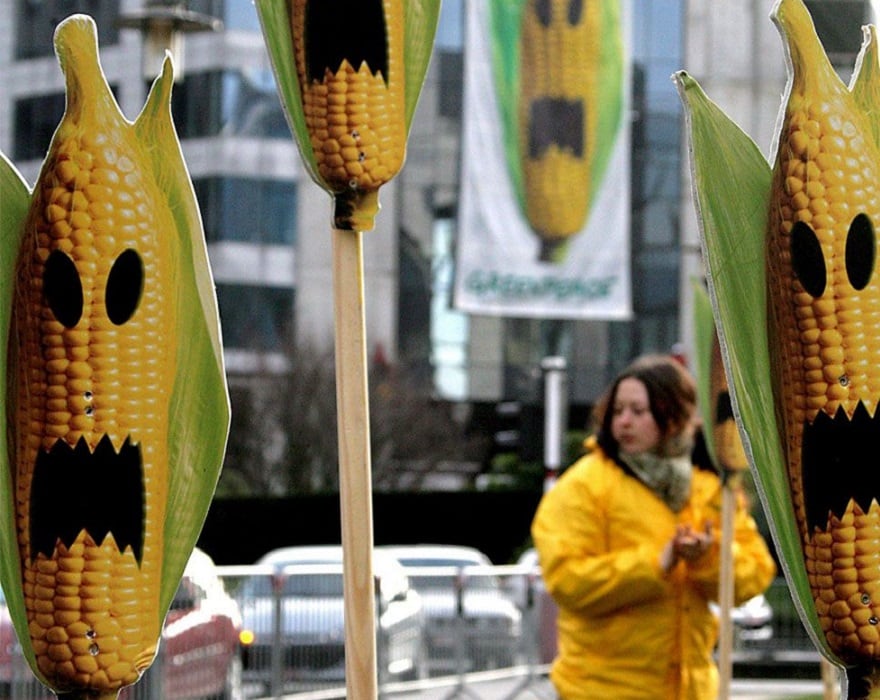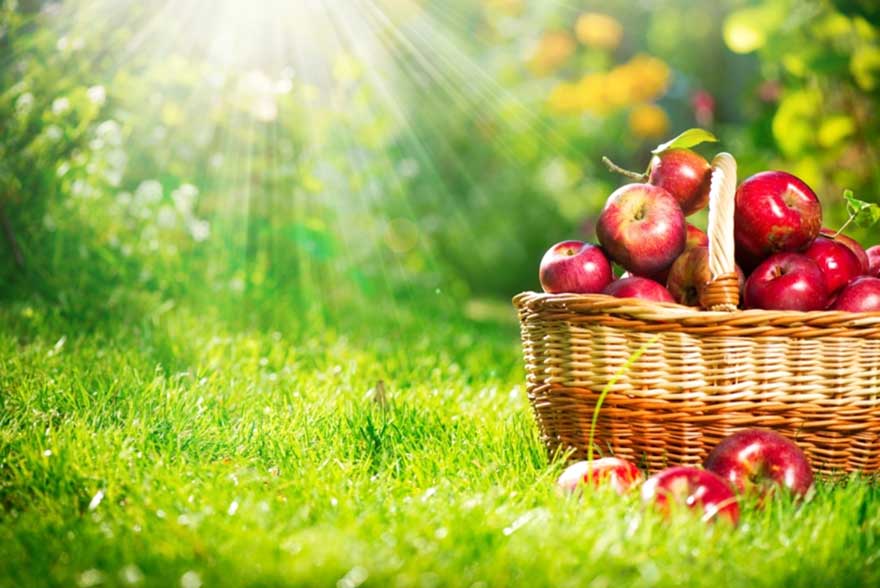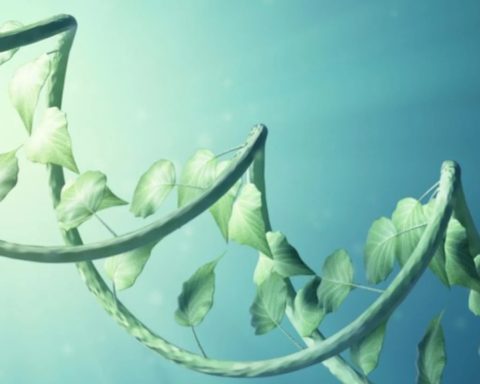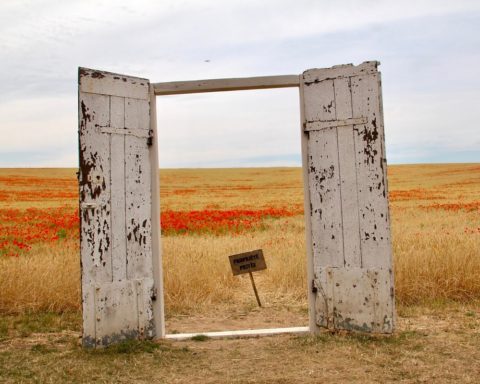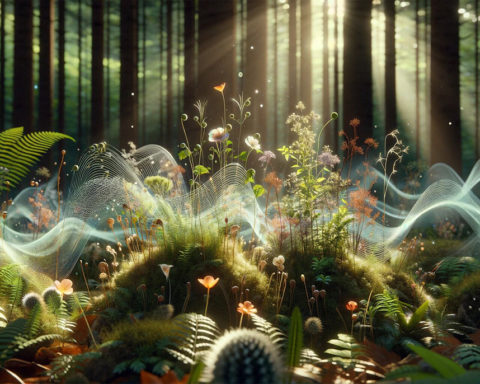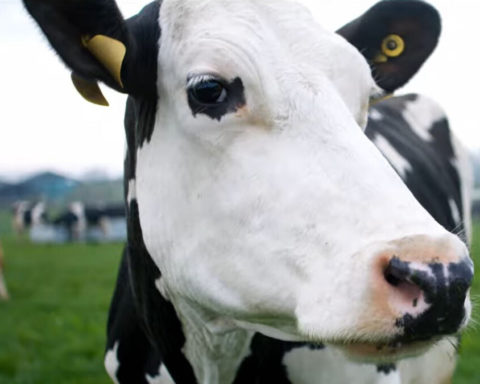As part of the reform of the Common Agricultural Policy, the European Commission has launched a Europe-wide public consultation and is calling on citizens to express their views.
WWF is an NGO that defends the environment and calls for action to guide the new CAP.
Interview with Pascal Canfin, Director General of WWF France.
UP': In what way is agriculture a danger to the environment today?
Pascal Canfin : Agriculture IN SELF is not a danger to the environment; at least it should not be. Farming practices such as organic production or permaculture (1) are environmentally friendly and should be encouraged. What we denounce is industrial agriculture.
Since the 1960s, our agricultural model has become industrialized with harmful consequences for nature and biodiversity. Our soils have been totally impoverished by the massive use of synthetic pesticides and fertilizers and monoculture. In addition, many species are affected either by the use of pesticides or by the destruction of their habitat. For example, more than 400 million field birds have disappeared from the European countryside over the last thirty years and pollinating insects (bees, butterflies, etc.) are in sharp decline.
It is for these reasons that WWF organised, together with more than 600 NGOs in Europe, a vast mobilisation campaign which enabled more than 258,000 Europeans to participate in the consultation launched by the European Commission and to defend a fairer, more environmentally friendly and healthier CAP. The consultation closed on 2 May. This is the first time that so many citizens have responded and made their voices heard at the very beginning of the CAP reform process.
UP': Why has the CAP failed to adapt to the changes in the world?
PC : The CAP was provided for under the Treaty of Rome in 1957, in a very different context where Europe was seeking to guarantee its food autonomy. Historically, the primary objective of this policy has been to increase productivity. This policy has therefore led to the industrialisation of European agriculture and this productivity objective has remained, particularly under the weight of the agro-industrial lobbies, the alpha and omega. Despite the desire to "green" the CAP and some recent adaptations, these remain largely insufficient. It is therefore urgent for the CAP to adapt to changes in the world', as you put it, taking account of environmental and climate issues, but also of the fact that the current model is an economic failure for the vast majority of farmers, even if some of them, the biggest ones, are doing well.
UP': Is the CAP still legitimate today in the face of climate, energy and environmental challenges?
Without the CAP, the average income of a farmer is close to... zero euros, so yes, the CAP is still legitimate today because it simply allows the economic survival of our farmers. On the other hand, it is clear from this figure that the current agricultural model, of which the CAP is a key element, has led our farmers into a dead end. Industrial agriculture not only affects nature and biodiversity but, as we can see, it also affects income and jobs, with the EU losing 20% of its agricultural jobs between 2007 and 2013.
It is therefore essential to rethink this policy so that it responds to the real emergencies: employment for our farmers, the climate and environmental challenge, but also the need for everyone to have healthy food and production methods that do not affect the health of farmers and those around them.
UP': Is this new reform risky for the CAP?
PC : We know the weight of the lobbies. They are steamrollers that mobilise colossal resources to steer the terms of the debate, of course through meetings with decision-makers, but also through the organisation of numerous conferences, the financing of studies, the purchase of advertising space, etc. This new reform should not escape it while the legitimacy of this policy tends to crumble because it no longer meets expectations. It may therefore be the reform of the last chance, in a context where a recast CAP can help to give meaning to the European project.
Moreover, in the absence of greater legitimacy for the CAP, it will be very difficult for European political leaders to defend the fact that nearly 40% of the EU budget (370 billion Euros over 7 years) is devoted to it. There is therefore a significant risk of seeing subsidies decrease for farmers already in financial difficulty, without alternatives being offered to them.
UP': You want to change our model of agriculture? Why do you want to change it?
PC Because our model is bankrupt, from an economic, environmental and health point of view.
The race for productivity has put enormous pressure on farmers who have had to, for example, incur heavy expenses to equip themselves with machinery or finance fertilisers and pesticides. Their average indebtedness thus rose from 57,900 euros in 1980 to 159,700 euros in 2010 (in constant euros).
It is also an environmental aberration. For example, scientists consider certain soils to be purely and simply dead because there is no life left in them!
It is also appalling to note that the race for productivity combined with aberrant policies have led European agriculture to become truly dependent on raw materials such as soya. With 5 million tonnes of soya imported each year from Brazil to feed farm animals, we are a long way from the food autonomy vaunted by the defenders of the current CAP, and at a disastrous environmental cost since soya is one of the leading causes of deforestation in the world.
Finally, on the health front, we are alarmed on a daily basis by the effects of pesticides on our health.
UP': Can farmers invent a new model? How can they do it? Do they have the will and the means?
PC : Yes, and more and more of them are proving it. The rate of farmers converted to organic farming in France has thus increased by 12 % in one year, for a total of 12 %. reach the number of over 32,000 by the end of 2016. This is a powerful impetus, but one that comes up against the question of means since, according to figures from the National Federation of Organic Agriculture, "80 % of organic farms" have not received all the conversion and maintenance aid due to them. They arrive several years late, which is totally contrary to the political objectives set to promote these conversions!
Beyond organic, we are convinced that the change in the agricultural model will be beneficial for farmers. Today they are the first victims of the system. They are caught by the throat of too much debt, input suppliers who are constantly nibbling away at their margins and the constant pressure from downstream for ever lower purchase prices. The pact between farmers and society needs to be reshaped, and WWF intends to play its full role in this great challenge.
UP': How do they coordinate with FOs? For example with the FNSEA?
PC The FNSEA has long been the privileged interlocutor of the public authorities. However, this co-management is totally counterproductive. We were outraged to see that in the response guide that the FNSEA sent to its members to feed the European Commission's consultation, which leaked into Mediapart, the union called for the denial of all environmental and climate issues! I hope that the new president of the FNSEA will open a new page. We are on our side open to dialogue.
To open this new page, we need to bring everyone around the table, farmers in all their diversity, but also consumers, economic players such as the food industry, supermarkets or banks, local elected officials, environmental protection associations, health professionals, etc. It is for this reason that the idea of a "Grenelle de l'alimentation". seems interesting to us if it allows us to open the windows and find new compromises for the coming decade.
UP': What is the weight of the lobbies?
PC This weight is enormous because the agro-industry sector has totally disproportionate means compared to those of consumer representatives or environmental associations, for example. Our campaign has had this role, to make the voice of the citizens heard and to remind the European Commission for whom it develops public policies!
UP': What messages would you like to convey to the new President of the Republic on the issues at stake in agriculture?
PC : I am convinced that agriculture and food issues will be a key element in the coming five-year period. The current model is bankrupt, the rules of the game must change. More and more consumers and farmers are leading the way: more quality, more organic, more added value...
The role of the next president will be to build on these developments and scale them up to become the new standard. He will then have invented agriculture in the 21st century and that will be to his credit!
Interview by Fabienne Marion
(1) See the book " Permaeconomics" by Emmanuel Delannoy - 2016

